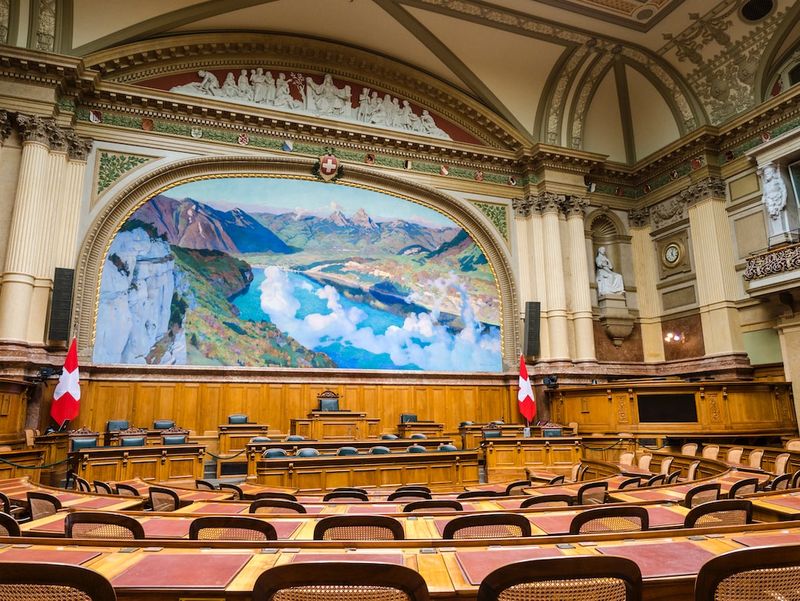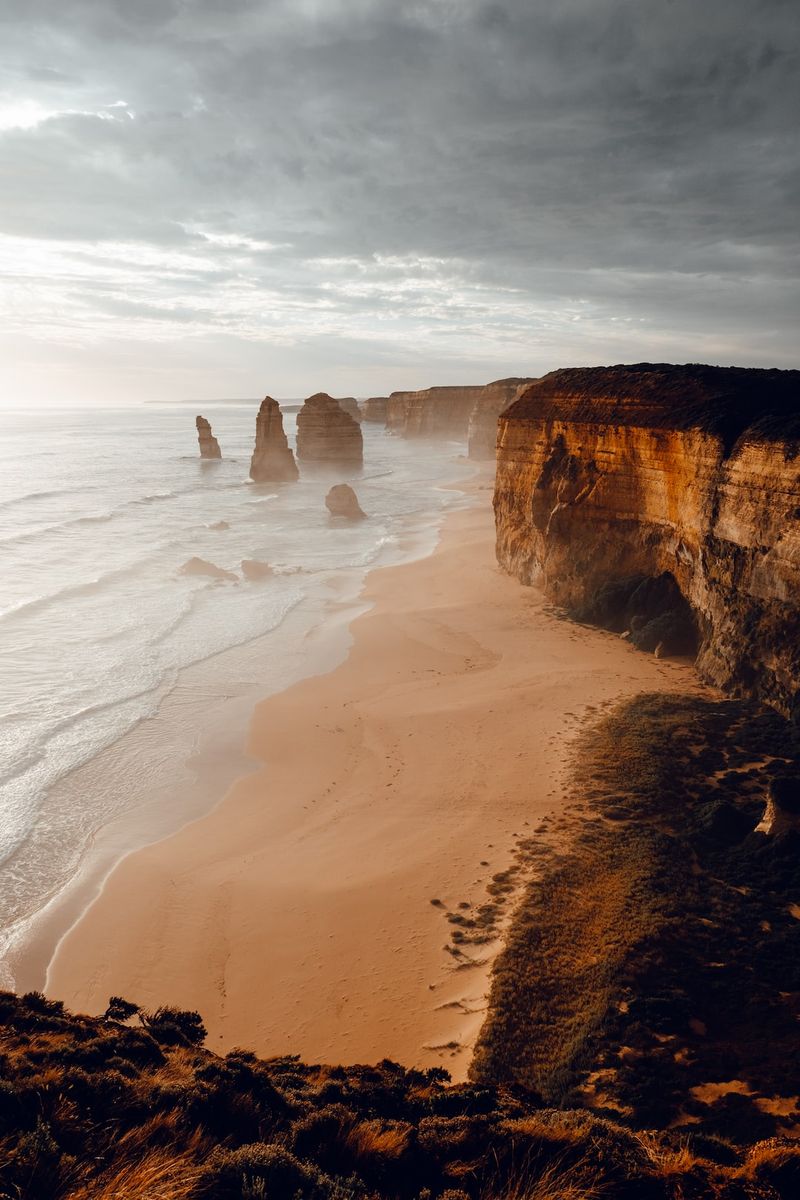Politics Heated Voice moment between Marcia Langton and Warren Mundine
Australians have delivered a resounding No to the Indigenous Voice to Parliament, sparking a heated debate between prominent campaigners Marcia Langton and Warren Mundine. The clash occurred on NITV’s The Point program, where Langton, a Yiman and Bidjara woman, and Mundine, a prominent No campaigner, exchanged fiery remarks over the issue of race.
Langton denies accusations of racism
Mundine accused Langton of “racially abusing Australians” and “causing division” during the debate. He stated, “I’m not going to take any comments from a person who thinks that we are a racist country, and that we are racist people.” Langton, on the other hand, strongly denied the claims that she branded No voters as “racist” or “stupid” and emphasized that her quotes were taken out of context.
Langton clarified that the Voice question “was not about race” and accused Mundine of engaging in a “very Trumpian play” by creating racial division through lies. Mundine insisted that his claims were factual and accused Langton of causing division in the country.
The role of race in the debate
The heated exchange between Langton and Mundine reflects one of the central arguments in the Indigenous Voice to Parliament debate: the fear that it would divide Australia along racial lines. The No campaign has consistently raised concerns about the potential for racial division and the granting of special rights to one race.
However, experts argue that the recognition of Indigenous people in the constitution is not about race but rather acknowledges them as the first peoples of Australia. Cheryl Saunders, a professor at Melbourne Law School and an expert in constitutional law, stated that the inclusion of Aboriginal and Torres Strait Islander people in the constitution does not mean that Australia will be divided by race or that special rights will be granted. It is a recognition of their unique position as the original inhabitants of the continent.
Langton takes aim at the No campaign’s tactics
Langton accused the No campaign of using “scare tactics” to inject racial undertones into the debate, stating that the question of the Voice was not about race. She criticized the No campaign for turning it into a racially divisive issue when it is not. She emphasized that being Indigenous does not mean being a part of an imaginary 19th-century race that was mentioned in the constitution.
The aftermath of the referendum result
Following the referendum result, a group of Indigenous leaders announced a “week of silence,” while politicians from both sides of the aisle offered their perspectives on the outcome. Opposition leader Anthony Albanese stated that the result does not define Australians, while Opposition leader Peter Dutton blamed the prime minister for the result.
The referendum result revealed that all states and the Northern Territory voted No, with only the Australian Capital Territory delivering a Yes vote.
Editorial: The Urgent Need for Dialogue and Understanding
The heated exchange between Marcia Langton and Warren Mundine reflects the deep divisions and emotions surrounding the Indigenous Voice to Parliament debate. It highlights the urgent need for dialogue and understanding between different perspectives.
Rather than trading insults and accusations, it is crucial for both sides to engage in meaningful conversation and listen to each other’s concerns. The issue of race should not be taken lightly, as it has the potential to cause division and harm. However, it is equally important to acknowledge that the Indigenous Voice to Parliament is not about granting special rights but about recognizing the historical and ongoing marginalization of Indigenous people and providing them with a platform to contribute to policy decisions.
It is clear that there are deep-seated societal issues and misconceptions surrounding race in Australia. The debate over the Voice has brought these issues to the surface, and it is an opportunity for the nation to have a genuine conversation about race, history, and reconciliation.
Advice: Moving Forward with Respect and Open-Mindedness
In order to move forward as a nation, it is vital for Australians to approach this debate with respect, open-mindedness, and a willingness to learn. Australians must confront our country’s past and acknowledge the injustices faced by Indigenous people throughout history.
It is important to listen to the experiences, perspectives, and concerns of Indigenous Australians. Their voices should be central in shaping policies and decisions that directly impact their communities. At the same time, it is crucial to recognize that the Voice is not about creating division, but about fostering unity and addressing the systemic inequalities faced by Indigenous Australians.
Australians should strive to educate themselves about the history, culture, and contributions of Indigenous people. This includes understanding the diversity within Indigenous communities and recognizing the immense resilience and strength demonstrated by Indigenous individuals and communities.
Ultimately, the Indigenous Voice to Parliament debate is an opportunity for Australia to come together, acknowledge our shared history, and work towards a more inclusive and equitable future. It is through open dialogue, understanding, and genuine reconciliation that we can build a stronger and more united nation.

<< photo by Hansjörg Keller >>
The image is for illustrative purposes only and does not depict the actual situation.
You might want to read !
- “Cracking the Code: Unraveling the Pacific’s Sunday Secrets”
- “National Shifts Gears as New Zealand Veers Right in the 2023 Election”
- Bout of the Ages: Tim Tszyu vs. Brian Mendoza – Fight Time and Full Schedule
- The Battle Down Under: Ireland vs. New Zealand – Rugby World Cup 2023 Quarter-Final Preview
- The Dynamic Duo Down Under: Ange Postecoglou and Guus Hiddink Inject Inspiration into the Socceroos
- “It bloody hurts”: Straight-talking May declares Demons “bloody brilliant” than…




